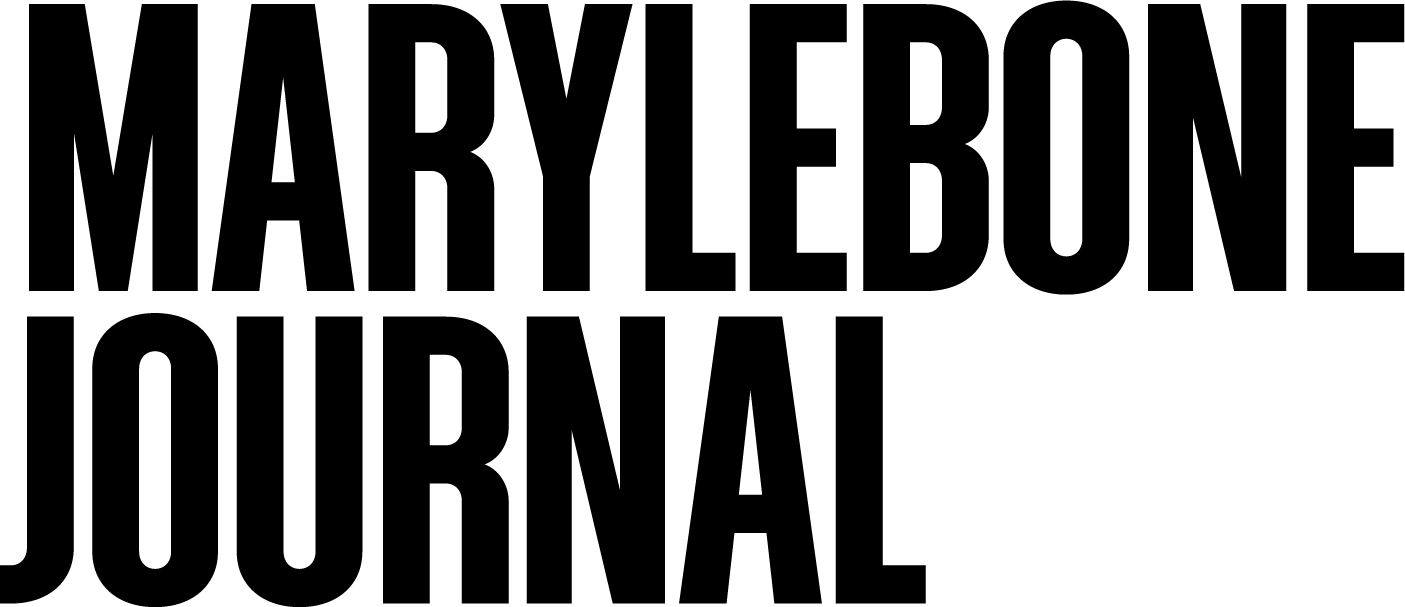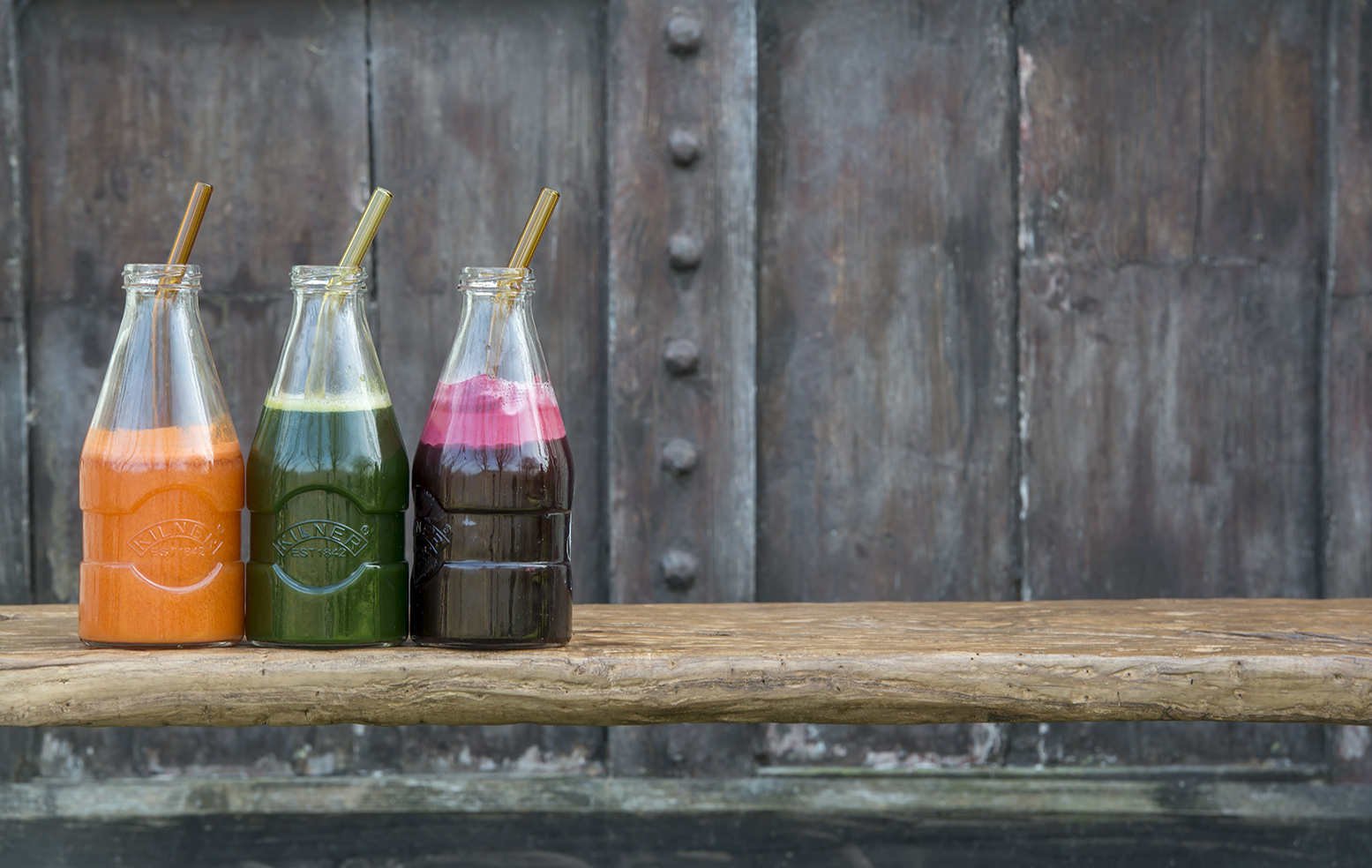FOOD PHILOSOPHY
Mercedes Sieff, co-owner of Yeotown Kitchen, on her happy relationship with food
Interview: Ellie Costigan
Images: Guy Harrop, James MacDonald
1. I was born in Canada, but my mother’s from Spain and my dad’s from west Africa. They were both good cooks. Everything was made from scratch. I grew up with paellas, lasagnes, African stews, okra and plantain, dry cod and tomato bread. They taught me the value of cooking for yourself, and the importance of food in terms of community, connectivity and family.
2. The biggest insult to our food would be if somebody said, “It tastes healthy”—we know what that really means. What we want you to say is: “It tastes good.” If we didn’t tell you anything was eliminated, you shouldn’t notice. It’s just lovely food.
3. If you remember to have your fresh-pressed green juice or your salad for lunch, why would you forget to look after your mind? That’s why we have the meditation station: pods that are pre-loaded with short guided meditations. You can sit down for five minutes—you have five minutes, everybody does—put it on and you don’t have to think. Then you’re really doing something healthy. Mindfulness is important; wellbeing goes beyond the physical.
4. One of the key aspects of positive psychology, which I am trained in, is character strengths. We all have them—they’re not talents, they’re virtues: courage, humour, zest, the ability to love and be loved, resilience, perspective. Rather than calling a dish a ‘lean green kale machine’, we’ve called them things like ‘gratitude bowl’. I wanted to inspire people. The happiest people are those who use their strengths on a regular basis. The menu is a reminder of that.
5. There’s more and more research into the link between the gut and mind. They’re seeing it as a second brain—I’m no expert, but I absolutely believe that. Think about it: when you eat something that you know is not great, how do you feel? Or when you’re in a bad mood, what do you go for, the kale or the ice cream? What you’re putting in your body, is going to affect your overall wellbeing—we’re whole beings, we’re not just our physical bodies.
6. We don’t use refined sugars, we don’t use dairy. We don’t do meat, but we have fish options. The point is to take a break: we’re not saying never eat those foods, never have a cup of coffee or glass of wine, but we encourage people to make a few small changes that are sustainable. Maybe they will feel better for it, maybe they won’t; everybody is different.
7. Eating well is so much about habit—is one slice of pizza bad for you? No. A whole pizza every day? That’s a problem. There’s no such thing as ‘good’ food or ‘bad’ food or ‘clean’ food—it’s the quantity that’s consumed and the attachment you have to it that matters.
8. I have two young kids, so I try to balance out my busy working life—if we’re in Devon we go to the beach, we go swimming, we get out and about. When I’m here, I go to my own yoga classes, I do muay thai boxing, I love to walk, meet my friends and make sure I stay social. We travel a lot—we go to Bali every summer. It’s very easy to get buried in work and caught up in your own thoughts. It’s important to have fun.

